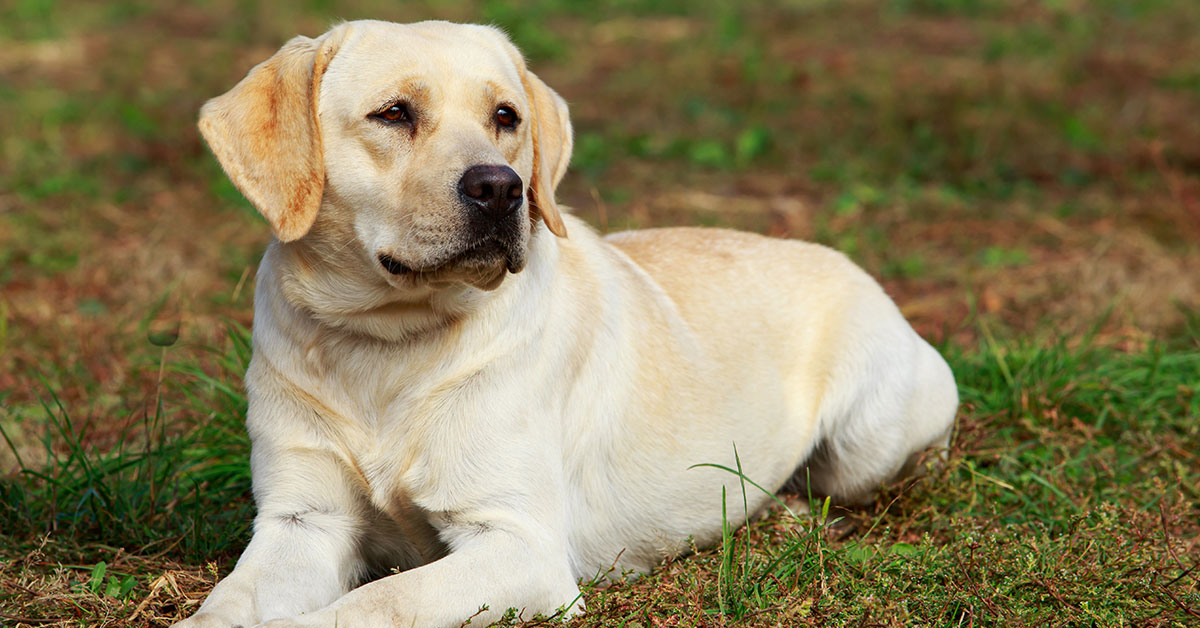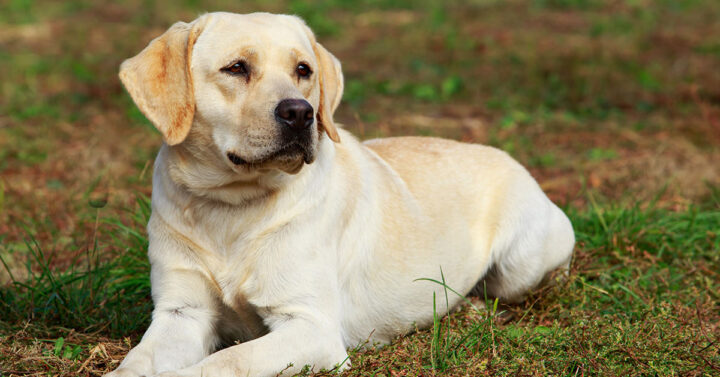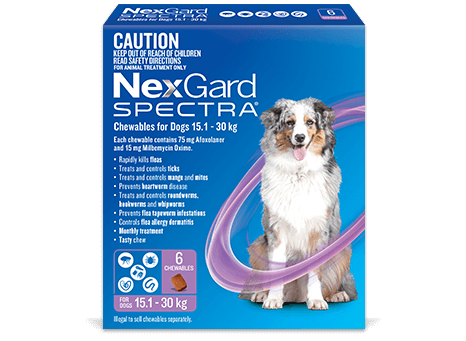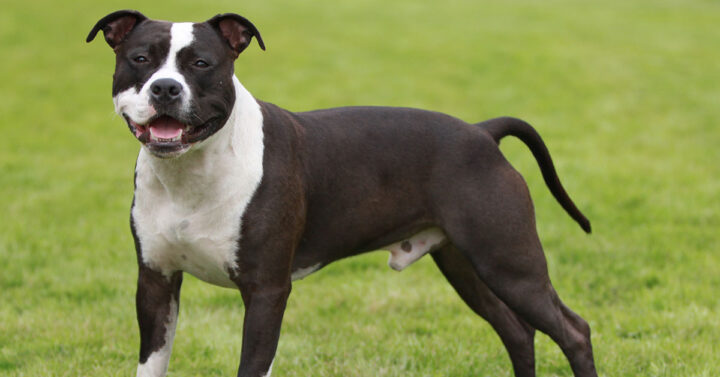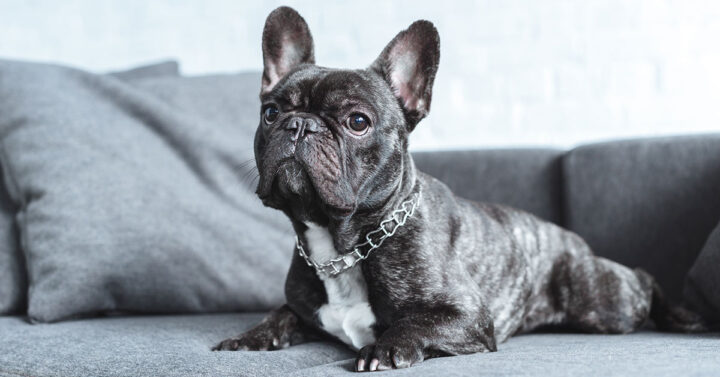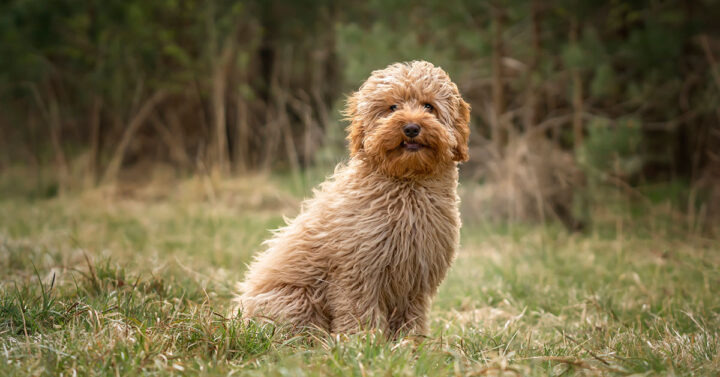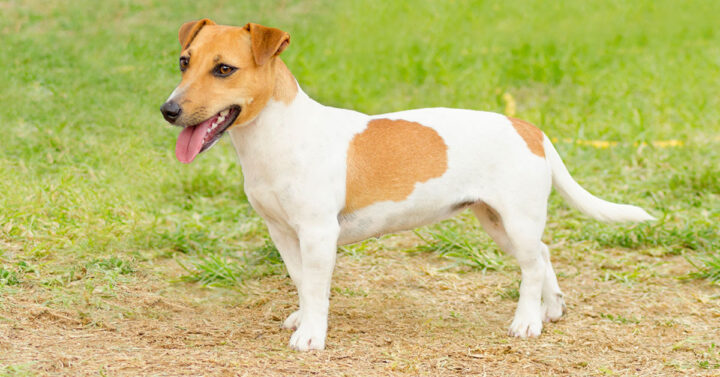The Origin of the Labrador Retriever
The Labrador Retriever originates from the Canadian island of Newfoundland, not Labrador as the name might suggest.
They were initially bred for fishing and retrieving game for hunters. Over time, the breed has evolved to fit various roles, including that of a family companion, service dog, and more.
A Brief History
The ancestors of the modern Labrador Retriever were known as St. John’s dogs, named after the capital city of Newfoundland.
These early Labradors were skilled water dogs, essential for retrieving fishing nets and catching escaped fish.
British nobles noticed the breed’s excellent retrieving capabilities and started importing them to England in the 19th century, where selective breeding refined the modern Labrador.

The Labrador’s Journey to Australia
Labrador Retrievers made their way to Australia mainly in the mid-20th century and quickly became one of the country’s most popular breeds.
Known for their social nature, intelligence, and versatility, Labradors fit well into the Australian lifestyle, whether it’s urban living or enjoying the great outdoors.
Characteristics of the Labrador Retriever
Understanding the essential traits of the Labrador Retriever will help you determine if this breed aligns with your lifestyle and what you can expect when bringing one into your home.
Physical Attributes
Labrador Retrievers are medium to large dogs, robustly built with a balanced physique. This makes them well-suited for various physical activities, from swimming to agility training.
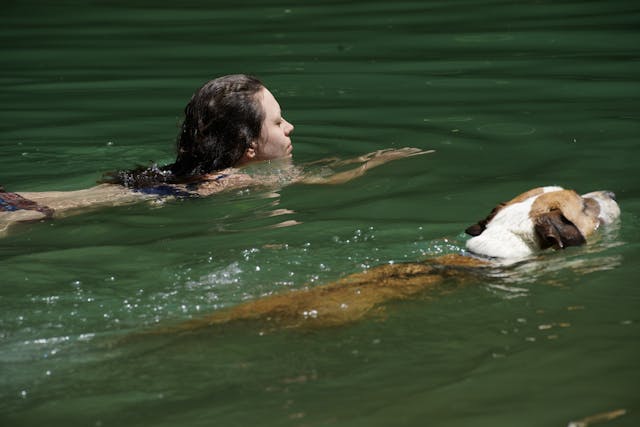
Size and Weight
Adult male Labradors typically weigh between 29 to 36 kg, while females usually range from 25 to 32 kg. They stand about 55 to 62 cm tall at the shoulder.
Coat and Colours
The Labrador coat is short, dense, and water-resistant, aiding their natural affinity for water. They come in three standard colours: black, yellow, and chocolate.
Each coat colour has its unique charm, but all Labradors share the same quality of being relatively easy to groom.

Black Labrador Retriever Earings
Fall in love with these Acrylic Labrador Earrings: lightweight, nickel-free, and featuring a charming two-sided design. Perfect gift for any dog-loving woman or teen, or a treat for yourself.
Temperament
Labradors are known for their friendly and outgoing personality. They are social animals, eager to make friends with both humans and other pets.
Their disposition makes them excellent family pets and fantastic companions for children.
Intelligence and Trainability
Ranked among the most intelligent dog breeds, Labradors excel at learning new commands and tricks.
Their desire to please their owners makes them highly trainable, which is why they often serve as working dogs in roles like search and rescue, assistance, and therapy.
Choosing the Right Labrador for You
Whether you’re considering getting a Labrador Retriever for the first time or adding another to your family, there are several important considerations to make.
Puppy vs. Adult: What’s Best for You?
A puppy offers the experience of raising a dog from its earliest life stages but requires a significant time commitment for training and socialisation.
An adult Labrador may already be trained and could be a better option for those who can’t commit to raising a puppy.
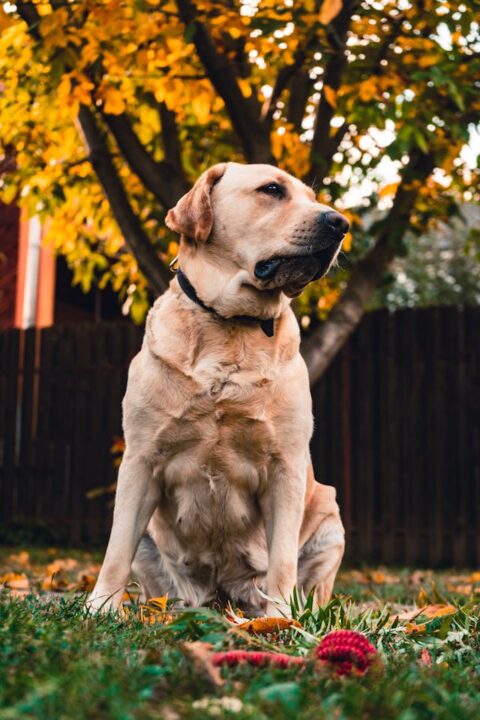
Selecting a Reputable Breeder in Australia
It’s crucial to do your research and find a reputable breeder who performs genetic testing and prioritizes the health and temperament of their dogs.
Ask to see health clearances and other documentation to ensure that you’re getting a healthy puppy.
Adoption Options: Giving a Second Chance
Adoption is another wonderful option. Several rescue organisations and shelters in Australia have Labradors looking for a second home.
Adopting an adult dog can be a rewarding experience, offering a loving home to a dog in need.
Health Concerns and Lifespan
Generally, Labradors are robust and healthy dogs, but like all breeds, they’re prone to certain health conditions.
Common Health Issues
Some health concerns in Labradors include hip and elbow dysplasia, eye conditions, and obesity. Regular check-ups can help in early diagnosis and treatment.
Lifespan and Quality of Life
The average lifespan of a Labrador Retriever is around 10 to 14 years. Providing a healthy diet, regular exercise, and routine veterinary care can contribute to a longer, healthier life for your Labrador.
Veterinary Care in Australia
In Australia, there are many excellent veterinary clinics and animal hospitals well-equipped to care for Labradors. Some clinics even offer specialised services for the breed.
Nutrition and Diet
Proper nutrition is critical for maintaining your Labrador’s health and well-being.
Feeding Puppies
Labrador puppies require a diet rich in protein and fat to support their rapid growth and development. Always opt for high-quality puppy food and consult your vet for portion sizes and feeding schedules.

Adult Dog Nutrition
Adult Labradors require a balanced diet rich in protein, fats, and carbohydrates. Avoid overfeeding as Labradors are prone to obesity.
Australian-Specific Food Recommendations
In Australia, you’ll find a range of quality dog foods suitable for Labradors. Brands like Advance, Black Hawk, and Royal Canin offer products specifically tailored to meet the nutritional needs of this breed.

The Labrador Handbook: Definitive Training & Care Guide
Master Labrador care with expert Pippa Mattinson’s comprehensive guide. From puppy to senior, ensure a happy, healthy life for your beloved Lab.
Exercise and Activity Levels
Being an active and energetic breed, Labradors require regular exercise to keep them happy and healthy.
Understanding Exercise Needs
A typical adult Labrador will require at least an hour of exercise each day. This can be broken down into walks, playtime, and other activities.
Australian-Friendly Outdoor Activities
Australia’s diverse landscapes provide numerous opportunities for outdoor activities with your Labrador. From beach outings to bushwalks, your Labrador will be eager to join you.
Indoor Exercises and Games
If outdoor activities are not feasible due to weather conditions or other constraints, several indoor games like ‘fetch’ and ‘hide and seek’ can keep your Labrador engaged.
Grooming and Maintenance
Though Labradors are relatively easy to care for in terms of grooming, regular maintenance is still essential.
Coat Care
A weekly brushing is generally sufficient to keep your Labrador’s coat healthy. During shedding seasons, more frequent brushing may be required.
Dental Health
Regular teeth cleaning can prevent dental issues. Use dog-specific toothbrushes and toothpaste for this purpose.
Common Parasites in Australia and Prevention
Labradors in Australia may be susceptible to ticks, fleas, and heartworms. Regular preventive treatments can help keep these parasites at bay.
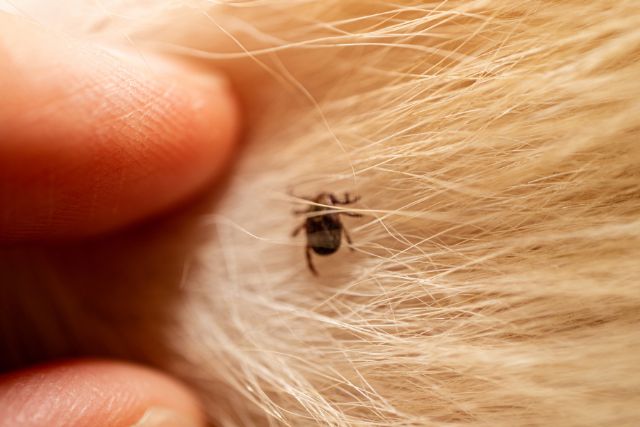
Training and Socialisation
Effective training and early socialisation are crucial for raising a well-behaved Labrador.
Basic Obedience Training
Start with basic commands like ‘sit’, ‘stay’, and ‘come’. Positive reinforcement techniques usually yield the best results.
Socialisation Tips and Tricks
Socialising your Labrador from a young age is vital. Introduce them to various environments, people, and other animals to ensure they grow up to be well-rounded adults.
Australian Dog Training Programs and Schools
There are many reputable dog training schools and programs across Australia that offer various courses from puppy socialisation to advanced obedience training.
Living with a Labrador Retriever in Australia
Labradors are a perfect fit for the Australian lifestyle, but there are some local considerations to be aware of.
Local Laws and Regulations
Be aware of local council laws regarding dog ownership, including leash laws and restrictions on where dogs are allowed. Make sure to register your Labrador with your local council.

Climate Considerations
While Labradors are fairly adaptable, the Australian climate can be extreme. Make sure your dog has plenty of water and shade, especially during the hot summer months.
Community and Social Life
Australians love their dogs, and you’ll find many Labrador-friendly parks, cafes, and even some beaches. Socialising your Labrador in these settings can be both enjoyable and rewarding.
Conclusion
Labrador Retrievers are a joyful, loving, and versatile breed, making them an excellent fit for many Australian families.
Whether you’re drawn to their friendly nature, intelligence, or the joy they bring into a home, you’ll find a loyal companion in a Labrador.

